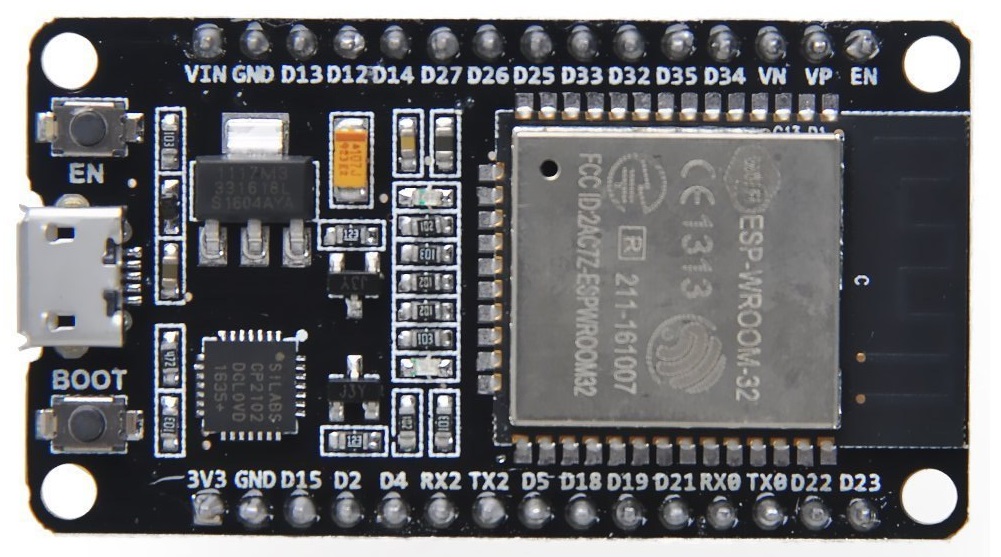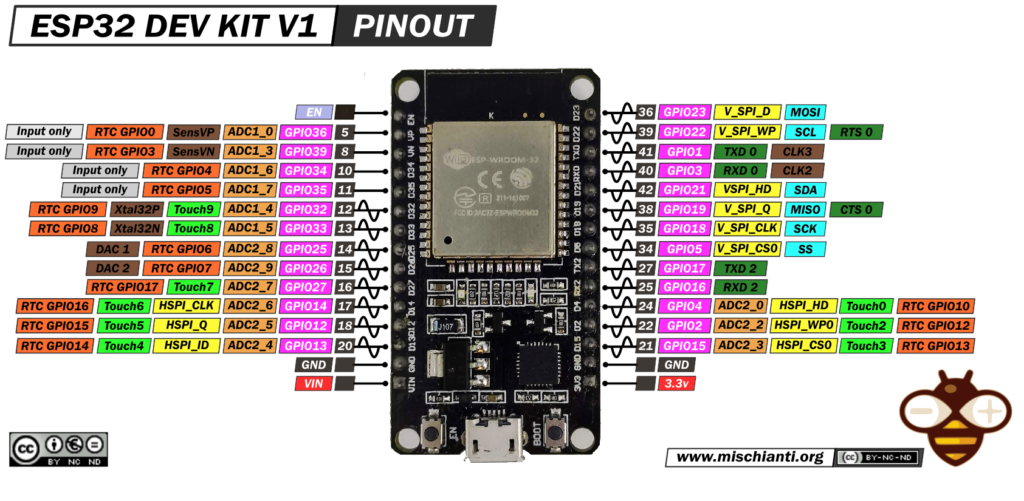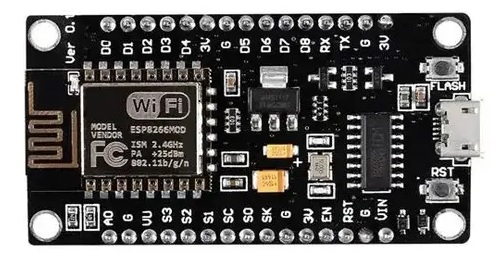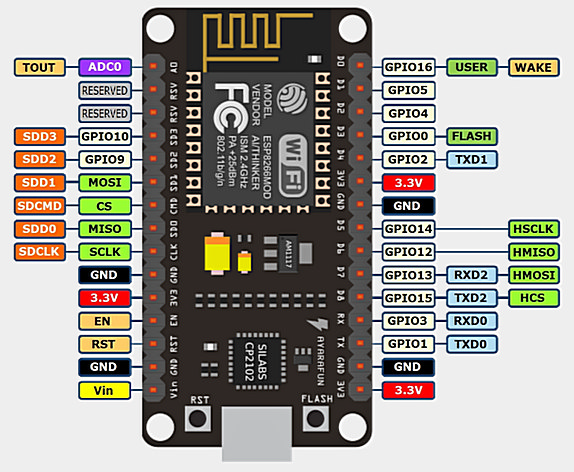Last Updated on May 11, 2024
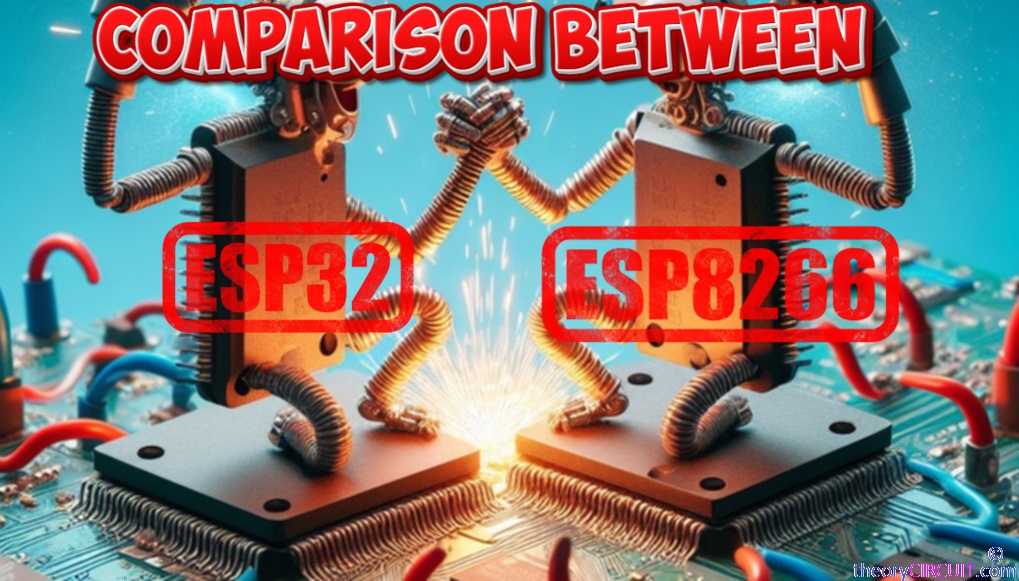
ESP32 and ESP8266 are popular microcontrollers developed by ESpressif Systems. These two are holding important position in the simple and small level IoT (Internet of Things) and Embedded Systems applications. Due to its compact size and different communication interface and data processing speed, both ESP32 and ESP8266 standout from the mircrocontroller crowd., Let’s know the Difference Between ESP32 and ESP8266 Microcontroller based development boards, so that we can effectively use those boards in our projects.
These two are cost effective boards with Wi-Fi communication ability and it is very important for IoT based applications. ESP32 and ESP8266 Microcontroller comes under 32 bit size processors with GPIO, SPI, I2C and UART. So that its getting more attention in the development board category.
Before analyzing the difference between ESP32 and ESP8266, look at the physical view of these two and pinout details.
ESP32 Board
ESP32 Pinout
Read Here for Getting Started with ESP32 Board.
ESP8266 Board
ESP8266 Pinout
Comparison Table
| Specifications | ESP32 | ESP8266 |
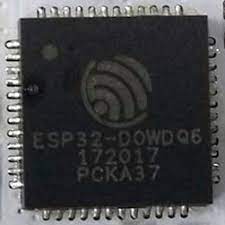 | 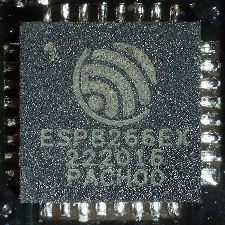 | |
| Processing Power | Dual-core processor | Single-core processor |
| Clock Speed | Higher clock speeds 80MHz to 240MHz | Lower clock speeds up to 80MHz |
| Wireless Connectivity | WiFi (HT40) and Bluetooth Bluetooth 4.2 and BLE | WiFi only (HT20) |
| SPI/I2C/I2S/UART Peripheral Interfaces | 4/2/2/2 | 2/1/2/2 |
| GPIO General Purpose Input Output | 34 | 17 |
| Memory | More Flash memory and RAM | Less Flash memory and RAM |
| ADC | 12-Bit | 10-Bit |
| Power Consumption | Advanced power management features | Basic power management |
| Operating Temperature | -40°C to 125°C | -40°C to 125°C |
each board costs less than $6 and it is very cheap when compared to others. You can use any of these two for Wi-Fi based IoT projects and if you looking for Bluetooth together then ESP32 will be the winner.

